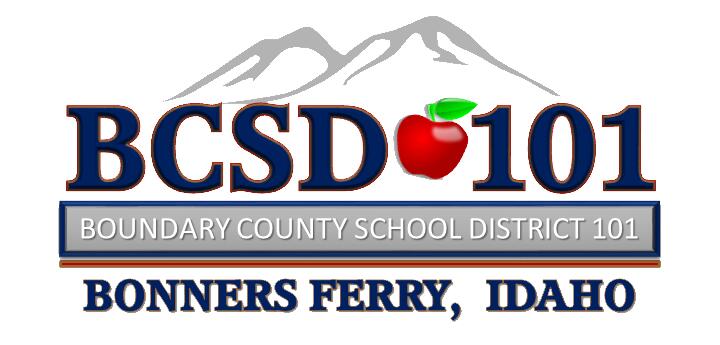Assessment
Assessment
SMARTER BALANCED ASSESSMENT
*New* Sample SBA Questions Tool
The Smarter Balanced Assessment is a system of valid, reliable, and fair next-generation assessments aligned to the Common Core State Standards (CCSS) in English language arts/literacy (ELA/literacy) and mathematics for grades 3-8 and 11. The system–which includes both summative assessments for accountability purposes and optional interim assessments for instructional use–will use computer adaptive testing technologies to provide meaningful feedback and actionable data that teachers and other educators can use to help students succeed.
Smarter Balanced assessments will go beyond multiple-choice questions to include extended response and technology enhanced items, as well as performance tasks that allow students to demonstrate critical-thinking and problem-solving skills. Performance tasks challenge students to apply their knowledge and skills to respond to complex real-world problems. They can best be described as collections of questions and activities that are coherently connected to a single theme or scenario. These activities are meant to measure capacities such as depth of understanding, writing and research skills, and complex analysis, which cannot be adequately assessed with traditional assessment questions. The performance tasks will be taken on a computer (but will not be computer adaptive) and will take one to two class periods to complete. Smarter Balanced capitalizes on the precision and efficiency of computer adaptive testing (CAT). This approach represents a significant improvement over traditional paper-and-pencil assessments used in many states today, providing more accurate scores for all students across the full range of the achievement continuum.
The core components of Smarter Balanced are:
Summative assessments:
-
Mandatory comprehensive accountability measures that include computer adaptive assessments and performance tasks, administered in the last 12 weeks of the school year in grades 3–8 and 11 for English language arts(ELA)/literacy and mathematics;
-
Designed to provide valid, reliable and fair measures of students’ progress toward and attainment of the knowledge and skills required to be college- and career-ready;
-
Capitalize on the strengths of computer adaptive testing (e.g. efficient and precise measurement across the full range of achievement and quick turnaround of results); and,
-
Produce composite content area scores, based on the computer adaptive items and performance tasks.
Interim assessments:
-
Optional comprehensive and content-cluster measures that include computer adaptive assessments and performance tasks, administered at locally determined intervals throughout the school year;
-
Results reported on the same scale as the summative assessment to provide information about how students are progressing;
-
Serve as the source for interpretive guides that use publicly released items and tasks;
-
Grounded in cognitive development theory about how learning progresses across grades and how college- and career-readiness emerge over time;
-
Involve a large teacher role in developing and scoring constructed response items and performance tasks;
-
Afford teachers and administrators the flexibility to:
-
select item sets that provide deep, focused measurement of specific content clusters embedded in the CCSS;
-
administer these assessments at strategic points in the instructional year;
-
use results to better understand students’ strengths and limitations in relation to the standards;
-
support state-level accountability systems using end-of course assessments.
-
Formative tools and processes:
-
Provides resources for teachers on how to collect and use information about student success in acquisition of the CCSS;
-
Will be used by teachers throughout the year to better understand a student’s learning needs, check for misconceptions and/or to provide evidence of progress toward learning goals.
System Features
-
Ensures coverage of the full range of ELA/literacy and mathematics standards and breadth of achievement levels by combining a variety of item types (e.g., selected-response, constructed response, and technology-enhanced) and performance tasks, which require application of knowledge and skills.
-
Provides comprehensive, research-based support, technical assistance and professional development so that teachers can use assessment data to improve teaching and learning in line with the standards.
-
Provides online, tailored reports that link to instructional and professional development resources.

